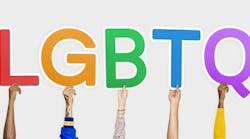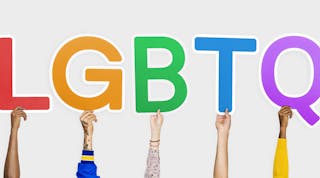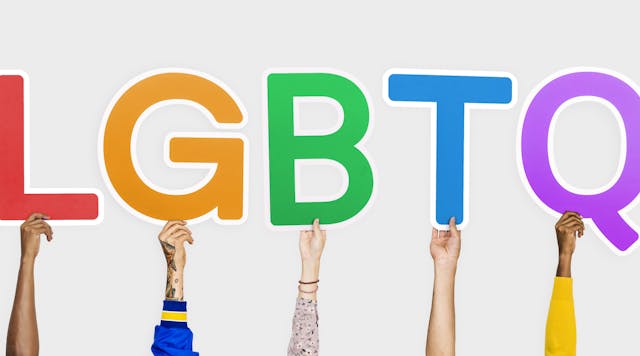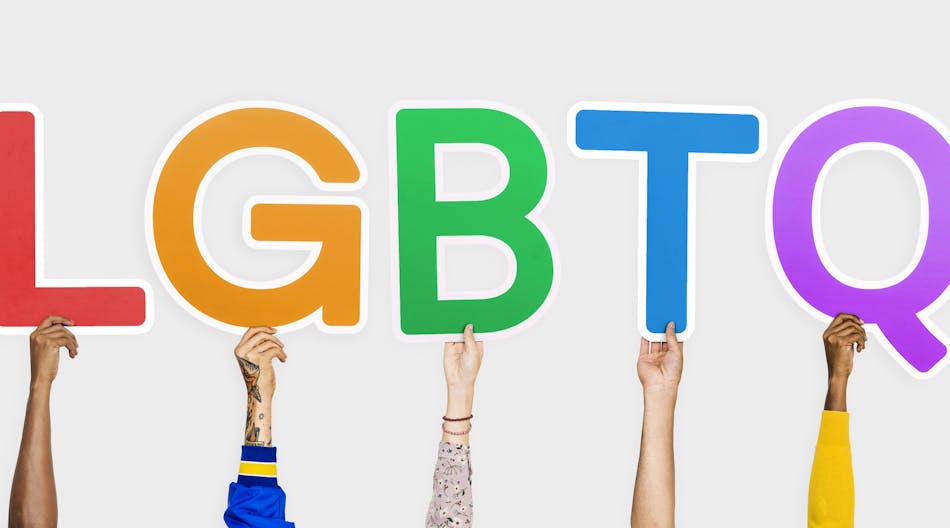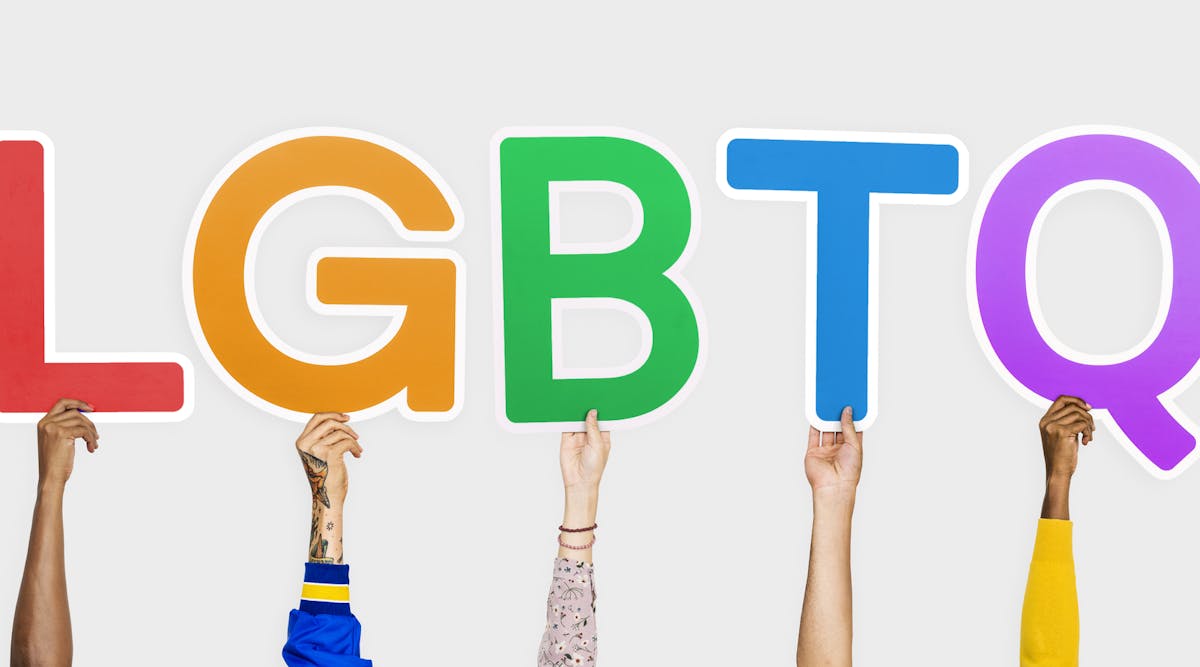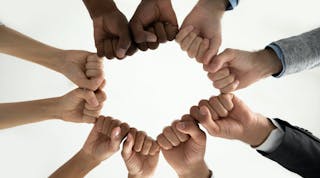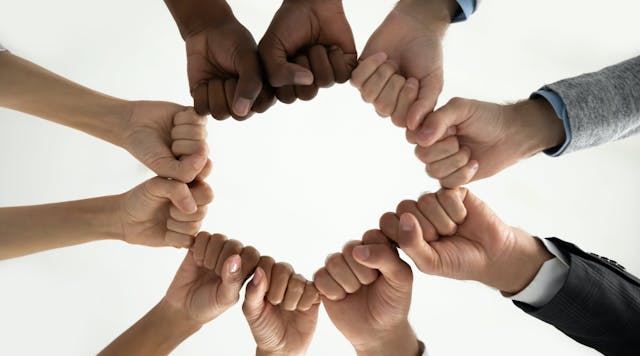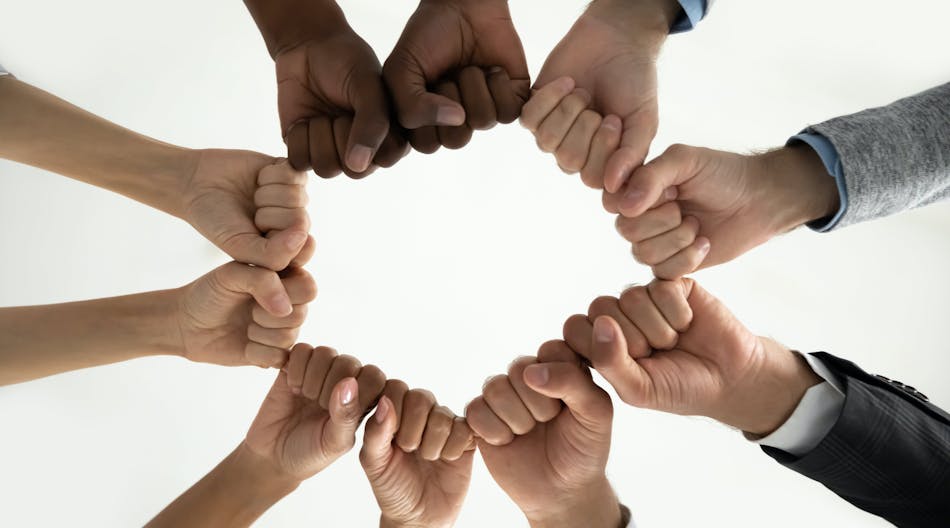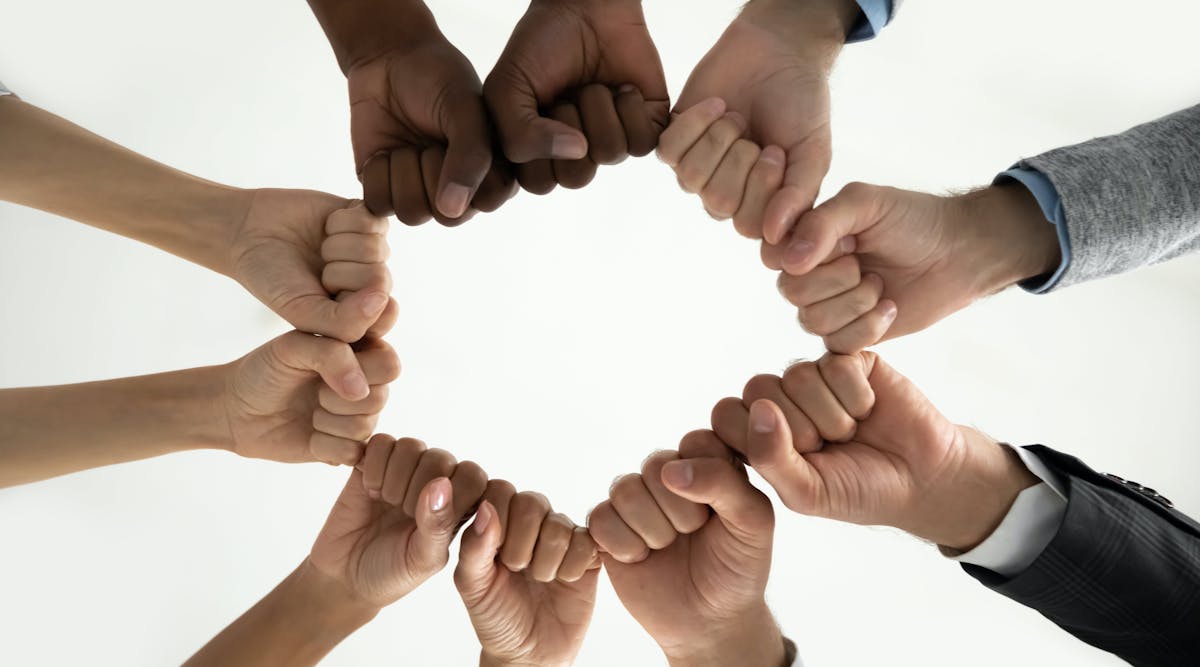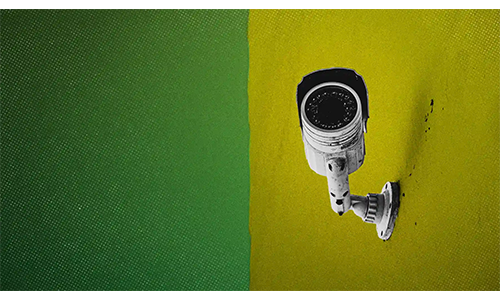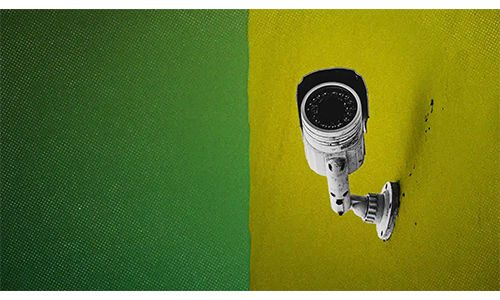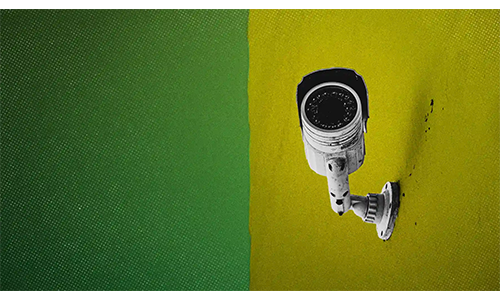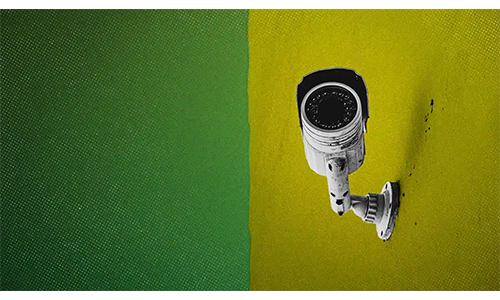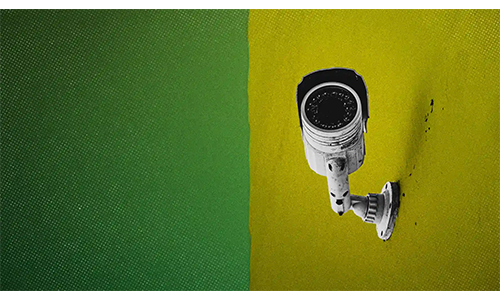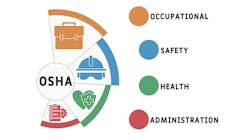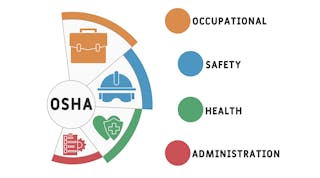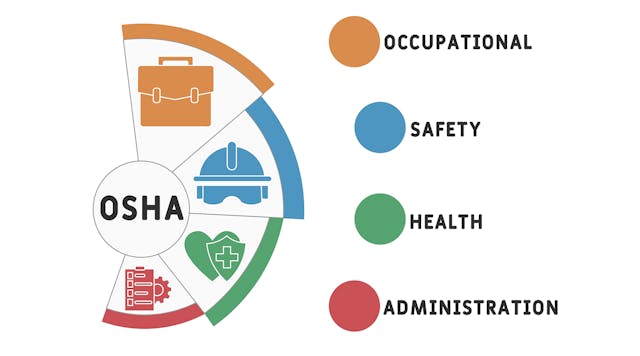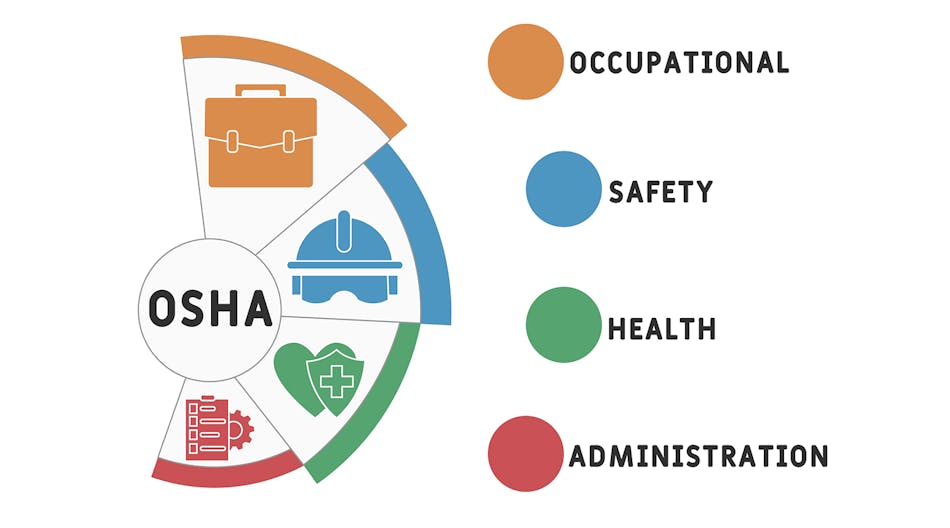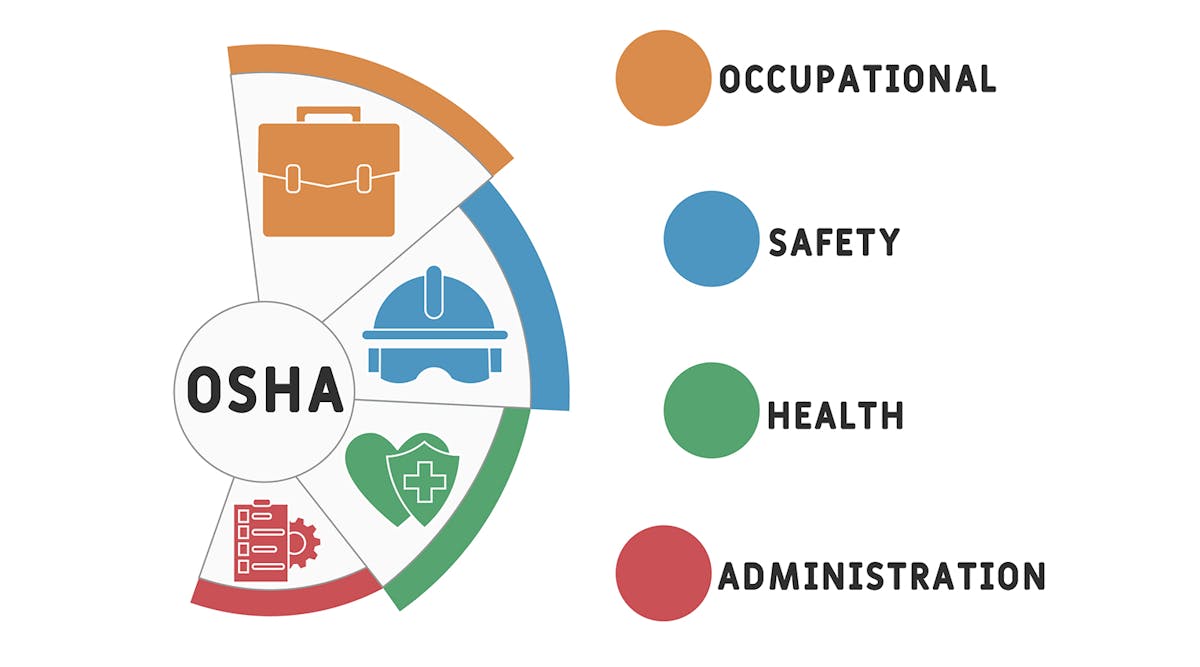As June is Pride Month, SHRM released new research on understanding the sentiment of LGBTQ+ employees and also ways to improve inclusion.
The good news is that the research showed that most, 71%, LGBTG+ employees feel they are included in their workgroups.
And even more, 75%, believe they are treated fairly at work.
However, that still leaves 29% who don't feel included and 25% who don't feel they are treated fairly.
One of the issues for this community is whether or not to disclose their identity in the workplace. Again more good news is that 60% have disclosed.
For those who haven't the reasons are as follows, 50% fear people would talk behind their back. Losing their jobs wasn't a large concern as only 7% felt disclosure would lead to job termination. But of that 7% who didn't fear job retaliation, 20% did feel disclosure would lead to missing out on promotions. i
“Recognizing the importance of inclusion and support for LGBTQ+ workers, this new research shows organizations are making headway. However, we have plenty of room for improvement,” said Alex Alonso, chief knowledge officer for SHRM, said in a statement. “Just hiring LGBTQIA+ individuals to maintain diversity isn't sustainable without a culture of inclusion that truly welcomes all individuals for who they are.”
Allies in the Workforce
The research also shows that, while most LGBTQ+ workers say they have allies in their workforce, most non-LGBTQ+ workers don't announce they are allies.
Of those who are public about their support are almost eight times more likely to say that they have challenged LGBTQ+ discrimination or stigma than those who do not identify as allies. Given the importance of addressing issues of stigma, SRM says that "allies play a crucial role in fostering a fair and inclusive work environment for LGBTQ+ workers. "
While including LGBTQ+ identities in diversity, equity and inclusion (DE&I) efforts may be helpful to this end, only about half of organizations (54%) are currently doing so.
Additional key findings
Of workers who identify as LGBTQ+:
- 71% rate their workgroups as inclusive (vs. 76% of non-LGBTQ+ workers).
- 75% agree they are treated fairly at work (vs. 72% of non-LGBTQ+ workers).
- 72% agree they are given equal access to opportunities and resources at work (vs. 72% of non-LGBTQ+ workers).
- 78% say their companies’ senior leaders care about making meaningful DE&I progress to some extent or to a great extent (vs. 80% of non-LGBTQ+ workers).
Significantly fewer LGBTQ+ workers perceive their company as having equitable representation at all levels (71%) compared to non-LGBTQ+ workers (78%).
- However, LGBTQ+ workers who say their companies have equitable representation at all levels are over two times more likely to agree they are treated fairly at work compared to those who feel their companies don’t have equitable representation.
Nearly 3 in 5 LGBTQ+ workers (59%) say they have an ally at their current workplace, while less than half of non-LGBTQ+ workers (44%) self-identify as allies.
- Of the non-LGBTQ+ workers who had the opportunity to challenge LGBTQ+ discrimination or stigma at work, only 1 in 5 (19%) said they did.
HR professionals from organizations that specifically include LGBTQ+ identities in their DE&I efforts to some or to a great extent are over four times more likely to rate their organizations’ DE&I efforts as mostly to extremely successful than those from organizations that don’t include LGBTQ+ identities in their DE&I efforts or that only do so to a very little extent.
